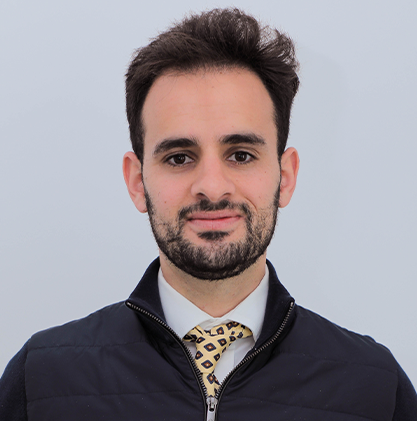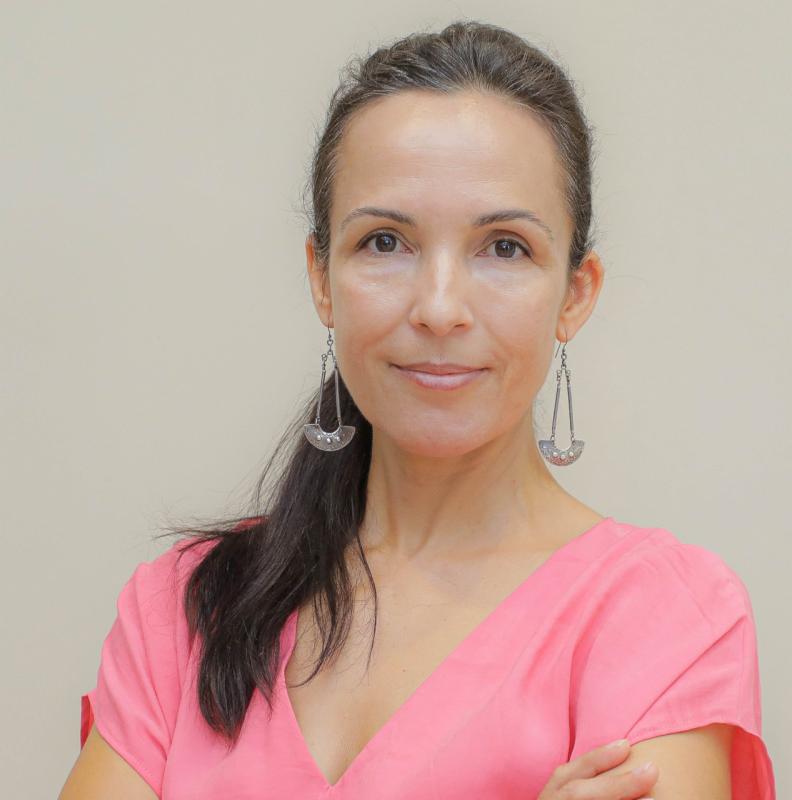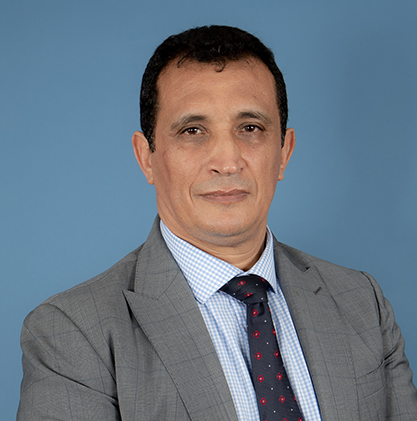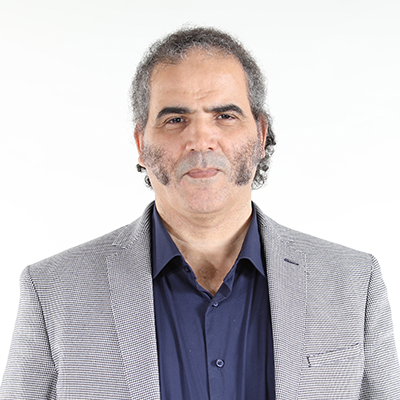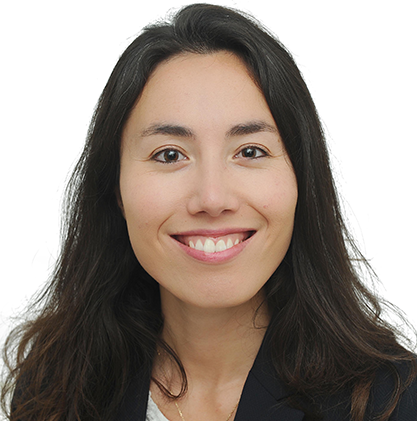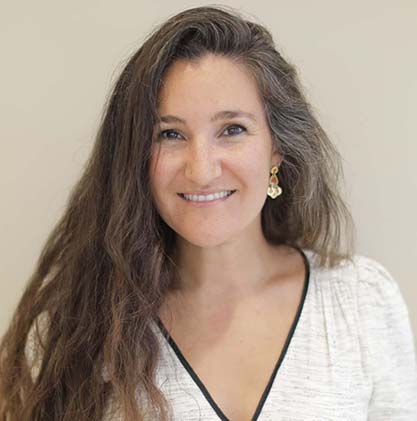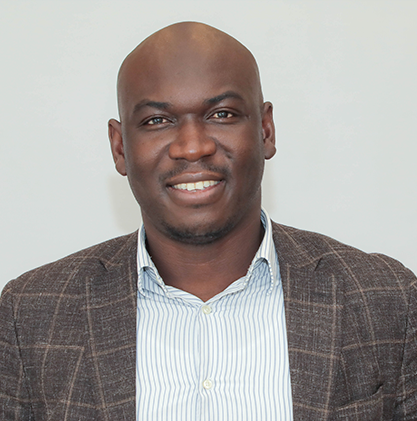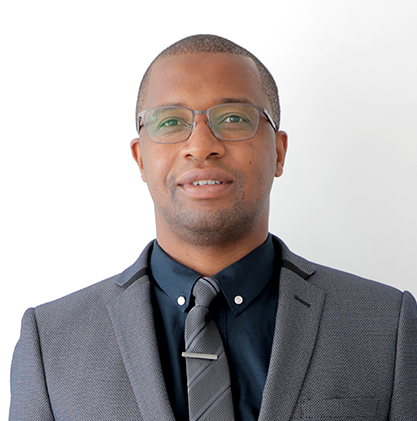Fil d'Ariane
RETHINKING GLOBAL POLITICS FROM AFRICA
This program aims to examine how the continent is addressing its internal challenges, fulfilling its role in African and international affairs, and making contributions to contemporary thought. It seeks to explore Africa's perspectives and approaches in the global political landscape, fostering a critical examination of its engagement and impact on regional and global issues.
Since the beginning of the third millennium, Africa has embarked on the process of ownership of the continent’s challenges through four different dynamics:
- The pooling of efforts, through Agenda 2063 to promote democratic values, the rule of law and respect for human rights, and to increase human security in Africa.
- The Fine-tuning of the African space (African Union, Regional Economic Communities and Continental Free Trade Area).
- The promotion of South-South relations, South-South cooperation and triangular cooperation.
- he institutionalization of partnerships with international powers within the framework of the diplomatic agenda of the African Union.
However, this process remains fraught with uncertainties and difficulties that have become even more apparent in the wake of the Covid-19 pandemic. On the first hand, if the modernization of African societies is remarkable on many levels, the economics and political domains remain weak. On the other hand, continental and regional integration would be more effective if Africans consolidate geopolitical situations. Moreover, the hybrid nature of threats and the non-state actors raise questions about the capacity of security services to face a polymorphic instability. From on other angle, regional or ethnic identity claims remains to challenge nation-state construction. Finally, Africa still strongly affected by the global geostrategic situation.
- What does this complex setting mean for researchers? What analytical frameworks could be developed, and what methodological perspectives do they imply? How can volatile and uncertain political dynamics be understood? What geopolitical configuration is Africa moving towards? What institutional changes could be proposed?
- Therefore, Rethinking Global Politics from Africa program is based on the following framework:
- Africa, as the focus of studies, poses a methodological challenge concerning the fact that is a eclectic analysis field: African countries and sub-regions differ greatly in of economic development, international integration, and geopolitical interests. Should Africa be examined as one continent or as diverse territories? Should Africa be understood as a single body that projects itself collectively, or as a sum of states/sub-regions, a heterogeneous Africa seeking convergence?
- Should there be a design of African solutions for African problems? In fact, the program aims to study Africa in an uninhibited way, starting from African realities and avoiding traditional analysis schemes that have largely failed to understand the continent’s dynamics. This comprehensive approach means both a renewal of thought about Africa, originality of hypotheses as well as an in-depth knowledge of the continent from a multidisciplinary perspective.
- The intersection of theoretical and policy-field rooted research is key to the program because, while fundamental research produces concepts that advance knowledge, practical research produces concepts that frame more informed policy action. Moreover, there is a dialectical relationship between theory and practice, one and the other reinforcing each other.
- To understand Africa’s complexity, it is necessary to harness the respective strengths of both qualitative and quantitative research methods.
- he duty of African community’s knowledge is to produce and disseminate knowledge in order to increase their influence in the global marketplace of ideas. The ‘New South’ paradigm of the Policy Center for The New South, which provides a new vision of the re-composition of the South, is an attempt to position the continent in this global marketplace.
Overall objectives :
- Deepen our knowledge of African issues, through conceptual frameworks and tools adapted to the new needs of national, regional, and continental dynamics.
- Encourage the exchange of experience and knowledge in order to promote the development of common methods of observation and analysis. Thus the pooling of knowledge, and as well as to facilitate the emergence of new shared perspectives on Africa.
- Ensure a wide popularization of our work, through publications in renowned scientific journals.
- Offer innovative study programs at the Master’s level and quality supervision to doctoral students and young researchers (doctoral theses, publications, organization of seminars and conferences, etc.)
- Create positive externalities for teaching and supervising students in the disciplines connected to the research program.
- Contribute to the international visibility of AIRESS through the dissemination of the research carried out in the program.
- Establish partnerships for scientific events organization and/or the research projects development and implementation.
Research Topics :
- Statehood, Governance, and Public Policy
- Global Interdependencies
- The narrative
- The African Neighborhoods

